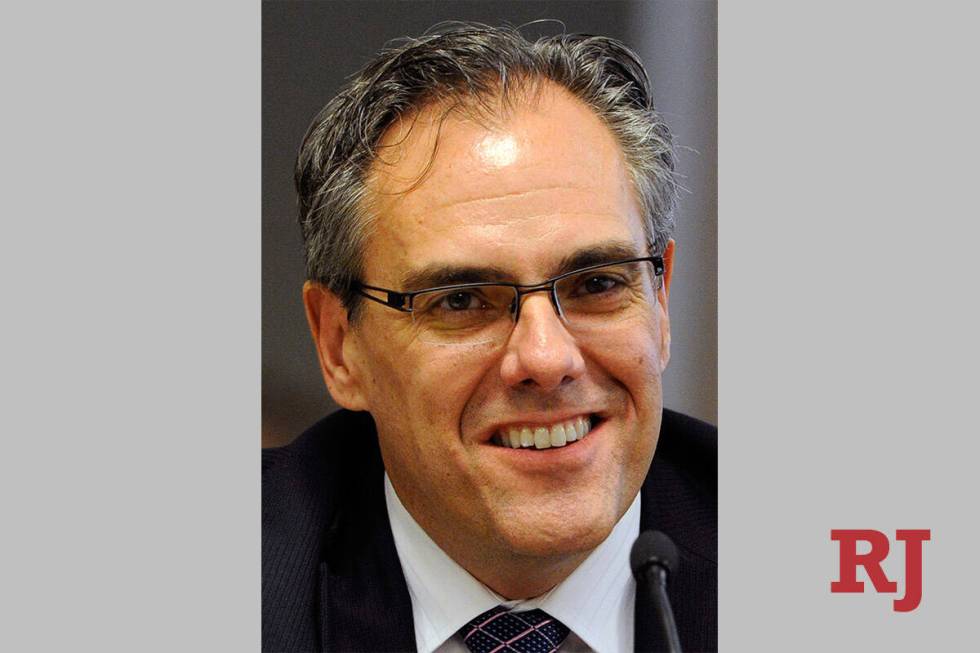Higher ed audits show some ‘inappropriate’ financial activity

Three legislative audits of the state’s higher education system were released Thursday, with one pointing to “minimal systemwide oversight” that contributed to “inappropriate or questionable financial activity.”
The reports were approved Thursday by the Legislative Commission’s Audit Subcommittee.
On Wednesday, the Nevada System of Higher Education’s 13-member Board of Regents will hear an information-only presentation about the findings. It’s not scheduled to take action.
The higher education system, which has eight schools and more than 100,000 students, accepted a total of 34 recommendations. A 60-day plan for corrective action is due April 10.
The audits were required under Assembly Bill 416, which legislators passed during the 2021 session.
Audits focused on capital construction, institutional foundations, and self-supporting and reserve accounts. They examined data ranging from fiscal years 2018 to 2022, which varied depending on the audit.
In a December memo from NSHE Chancellor Dale Erquiaga to the legislative auditor, he wrote the higher education system understands the value of audits.
During Thursday’s subcommittee meeting, Erquiaga — who became chancellor in July under an 18-month contract — said the system has already started working on policy changes.
Self-supporting and reserve accounts
The audit about self-supporting and reserve accounts notes that “minimal systemwide oversight” contributed to “inappropriate or questionable financial activity.”
The Board of Regents has provided schools with “latitude for operations,” the report says, but policies and guidelines are often “vague or insufficient.”
The audit also found “questionable uses of student fees” and schools that co-mingled “restricted and unrestricted revenues.”
Some self-supporting programs also had a “significant amount of idle funds” — about $200 million in reserves at the end of fiscal year 2021.
“Excess reserves can indicate programs are overfunded and fees should be reduced, or funding should be redirected for more immediate purposes,” according to the report.
Addressing the topic of student fees, Erquiaga told the subcommittee that it is of primary concern to the Board of Regents that students aren’t being overcharged and that if fees are levied, there’s certainty the money is spent on the function for which the fees were collected.
Capital construction
The capital construction audit showed UNLV and the University of Nevada, Reno, used nearly $5 million in state operating money toward capital construction.
Of 27 projects examined, 10 of them fell into that category.
“UNLV and UNR’s management of capital construction projects using state operating funds did not always comply with state laws and NSHE policy,” according to the report.
The audit also noted schools are using “nontraditional procurement methods” for capital projects. It references UNLV’s new $125 million medical education building, which used private money and $25 million in state funding.
It’s unclear whether schools have “statutory authority” to use that method, according to the report.
“In addition, the use of nontraditional methods compared to traditional methods resulted in less control and oversight over construction project management and financial activities,” the report noted.
Institutional foundations
The audit of institutional foundations — nonprofit corporations at schools that accept private donations — found 99 percent of sampled donations were properly recorded and 99 percent of gift fund expenditures were appropriately spent.
Contact Julie Wootton-Greener at jgreener@reviewjournal.com or 702-387-2921. Follow @julieswootton on Twitter.